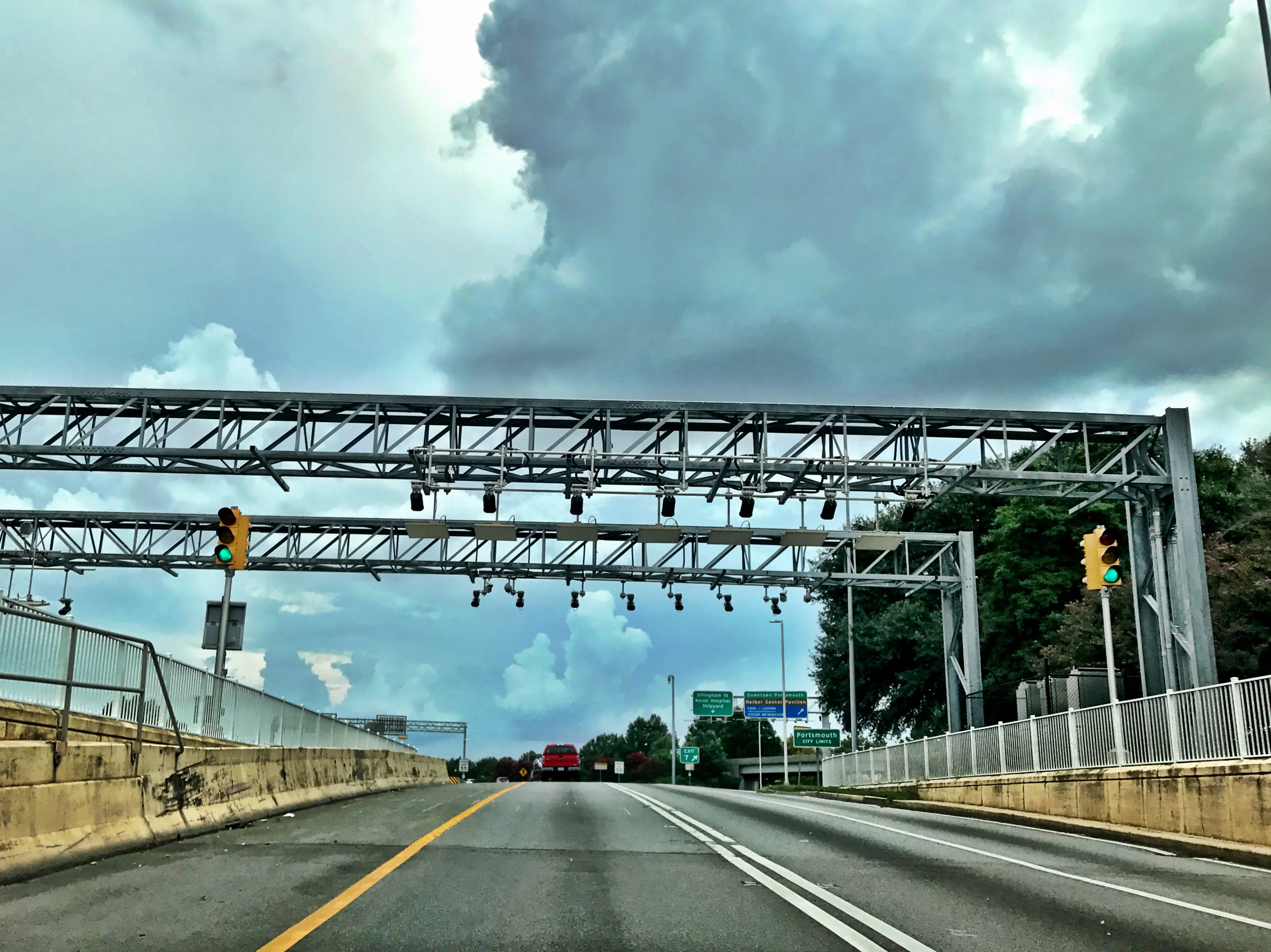The Swedish city of Uppsala has become the third city in the country to install Edeva’s Actibump in a bid to improve traffic congestion on a busy four-lane road.
According to Edeva, its Actibump traffic calming solution creates road safety through greater compliance with speed limits.
Actibump is a metal trough six centimetres deep in the road surface, which the developers say is deep enough for drivers to notice, but not so deep as to cause damage to the vehicle.
The system utilises a roadside rad
July 31, 2014
Read time: 2 mins
The Swedish city of Uppsala has become the third city in the country to install 5955 Edeva’s Actibump in a bid to improve traffic congestion on a busy four-lane road.
According to Edeva, its Actibump traffic calming solution creates road safety through greater compliance with speed limits.
Actibump is a metal trough six centimetres deep in the road surface, which the developers say is deep enough for drivers to notice, but not so deep as to cause damage to the vehicle.
The system utilises a roadside radar unit to monitor traffic; if a vehicle is exceeding the speed limit, the metal trough is activated and its flat metal plate pivots downwards, exposing an edge that the vehicle bounces over. Vehicles obeying the speed limit pass the barrier unimpeded, helping to maintain a smooth traffic flow.
Uppsala project manager Martin Öberg says: “According to our studies vehicles are travelling 40 per cent too fast on this road. Hopefully we can reduce that figure. Accessibility will be improved for public transport and operation of snow clearing vehicles.
Linköping Municipality has commissioned VTI, the Swedish National Road and Transport Institute, to Actibump on a major road in the city which is used by 5,000 vehicles per day. Municipal traffic engineer Jonas Nygren says, “We got a good result. The average speed on the measured distance has been reduced from 36 to 32 km/h.”
According to Edeva, its Actibump traffic calming solution creates road safety through greater compliance with speed limits.
Actibump is a metal trough six centimetres deep in the road surface, which the developers say is deep enough for drivers to notice, but not so deep as to cause damage to the vehicle.
The system utilises a roadside radar unit to monitor traffic; if a vehicle is exceeding the speed limit, the metal trough is activated and its flat metal plate pivots downwards, exposing an edge that the vehicle bounces over. Vehicles obeying the speed limit pass the barrier unimpeded, helping to maintain a smooth traffic flow.
Uppsala project manager Martin Öberg says: “According to our studies vehicles are travelling 40 per cent too fast on this road. Hopefully we can reduce that figure. Accessibility will be improved for public transport and operation of snow clearing vehicles.
Linköping Municipality has commissioned VTI, the Swedish National Road and Transport Institute, to Actibump on a major road in the city which is used by 5,000 vehicles per day. Municipal traffic engineer Jonas Nygren says, “We got a good result. The average speed on the measured distance has been reduced from 36 to 32 km/h.”










